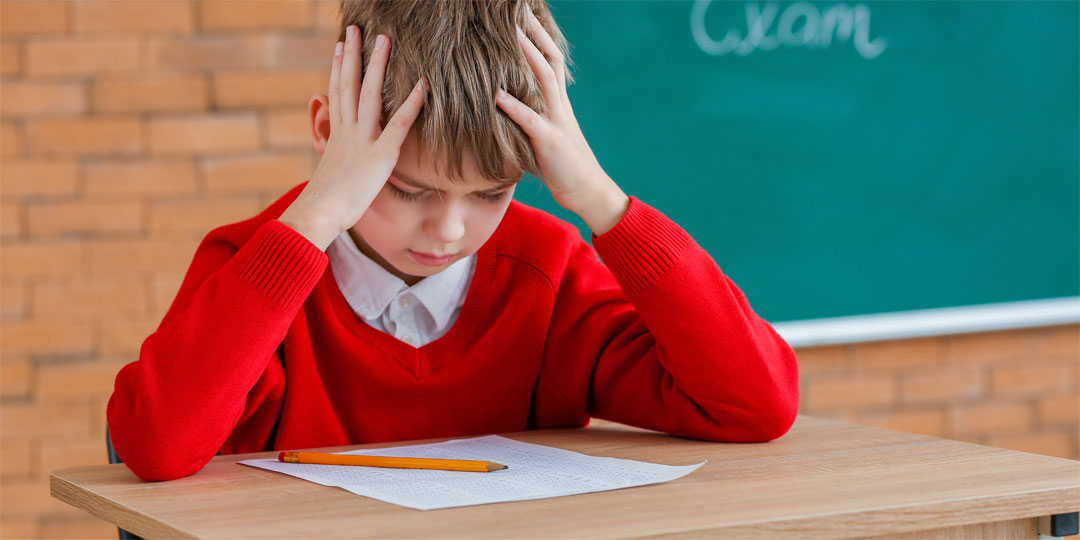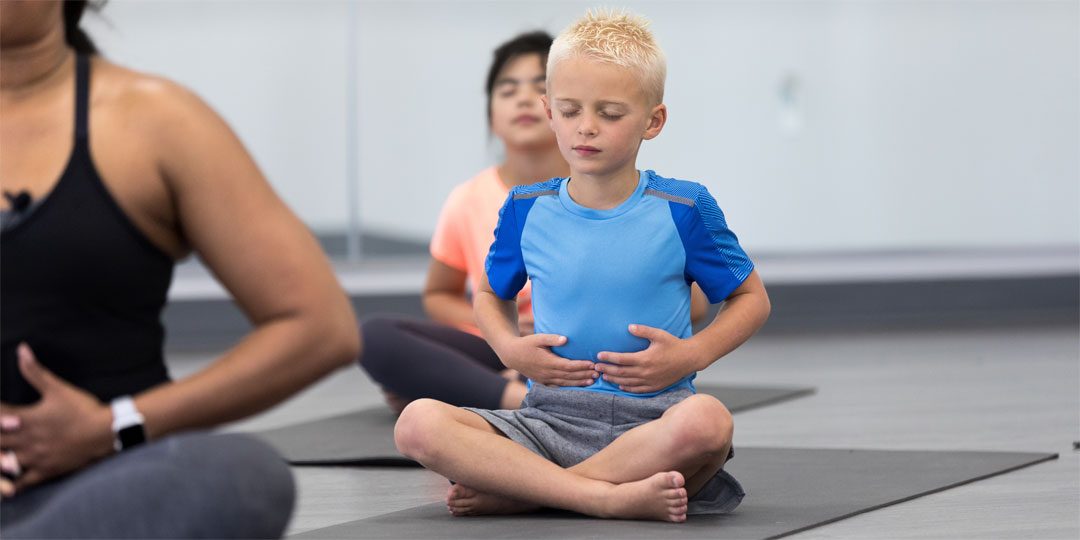ADHD & Attention Deficits, Anxiety, Autism
Is anxiety neurodivergent? Here’s What You Need to Know
As a parent, you want what’s best for your child. And nothing is worse seeing that they are struggling and not knowing how to help them. If you are worried your child might struggle with anxiety, this blog post is for you!

In this blog post, we will discuss the signs of anxiety in children, is anxiety neurodivergent and why children with ADHD are more likely to experience anxiety, and some practical tips on supporting your child with anxiety.
Anxiety is a normal emotion that everyone experiences from time to time. It is a feeling of worry, nervousness, or unease. Various things, such as stress, fear, or uncertainty can cause anxiety.
Children often display anxiety in ways that differ from adults. While adults may openly express their worries, children might struggle to articulate their feelings. Instead, they might exhibit physical symptoms like stomach aches, headaches, or sleep disturbances. Behavioural changes, such as clinginess, irritability, or withdrawal, can also signal anxiety in kids.
Here are some of the signs of anxiety in children:

- Restlessness or fidgeting
- Difficulty concentrating
- Irritability or mood swings
- Changes in appetite or sleep patterns
- Physical symptoms such as headaches,
stomach aches, or nausea - Withdrawal from social activities
- Increased sensitivity to noise or light
- Fear of specific things or situations
It is important to note that not all children with these signs have anxiety. However, if you are concerned that your child may struggle with anxiety, it is important to talk to their doctor.
There are several reasons why children with ADHD are more likely to experience anxiety. One reason is that children with ADHD have difficulty regulating their emotions. This means that they may feel emotions more intensely than other children, and they may have difficulty coping with those emotions in a healthy way.

Another reason why children with ADHD are more likely to experience anxiety is that they may be more sensitive to sensory input. This means that they may be more easily overwhelmed by loud noises, bright lights, or crowded places. This can lead to feelings of anxiety and stress. A sensory overload anxiety.
If you’re starting to think that your little one might be wrestling with anxiety, don’t fret – you’re not alone, and there’s plenty you can do to help ease their worries. Just remember, we’re all in this together, and there’s no one-size-fits-all solution.
Here are a few tips:
- Create a predictable routine: Children with ADHD thrive on routine. When they know what to expect, they feel more in control and less anxious. This could include things like having the same bedtime every night, eating the same breakfast every morning, or taking the same route to school every day.
- Help your child identify their triggers: Once you know what triggers your child’s anxiety, you can start to develop strategies for coping with those triggers. For example, if your child gets anxious before school, you could start by talking to them about their fears and then help them develop a plan for coping with those fears. This could include things like practising relaxation techniques, visualising a successful day at school, or wearing a lucky charm.
- Teach your child relaxation techniques: Several relaxation techniques can help children to calm down and manage their anxiety. One simple technique is deep breathing. Have your child sit up straight and close their eyes to do deep breathing. Then, have them breathe in slowly through their nose for a count of four. Hold their breath for a count of four, and then breathe out slowly through their mouth for a count of four. Repeat this cycle for a few minutes until your child feels calmer.

- Encourage your child to get regular exercise: Exercise is a great way to reduce stress and anxiety. It can also help to improve sleep quality, which can further reduce anxiety. Aim for at least 30 minutes of moderate-intensity exercise most days of the week.
Anxiety can be a difficult emotion to manage, and it may take some time for your child to learn how to cope with it. Be patient with your child and offer them your support. It is important for your child to be able to express their feelings about anxiety. Encourage them to talk to you about how they are feeling and what they are afraid of.
Negative thoughts about oneself can sometimes be a symptom of anxiety. Help your child develop a positive self-image by focusing on their strengths and accomplishments.
If your child’s anxiety is severe or is interfering with their everyday life, it is important to seek professional help. A therapist can teach your child coping skills and help them to develop a treatment plan.